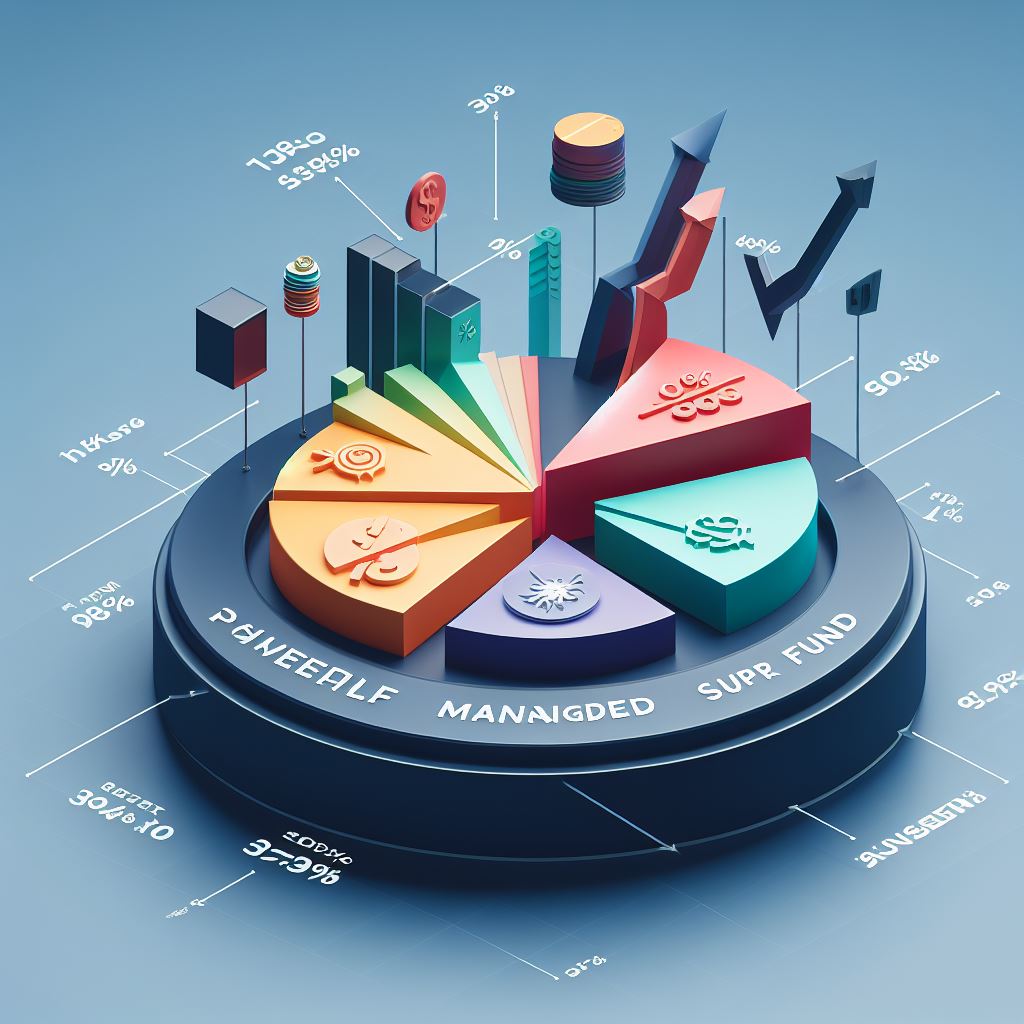Why you might consider setting up a self-managed super fund (SMSF) A self-managed super fund (SMSF) is a private super fund that you manage yourself. SMSFs are different from industry and retail super funds, as you have complete control over and responsibility for the fund’s investment strategy.
Why You Might Consider Setting Up a Self-Managed Super Fund (SMSF)
There are several reasons why someone might choose to set up an SMSF. One reason is that it provides greater control over your retirement savings, as you can select the investments and insurance that best suit your needs. Additionally, SMSFs can be more cost-effective for those with more significant super balances, as the fees charged by retail and industry super funds can be higher. However, SMSFs also come with greater responsibility and administrative requirements, so it’s important to consider whether an SMSF is suitable for you before setting one up.

When you manage your own super, you put the money you would typically put in a retail or industry super fund into your own SMSF. You choose the investments and the insurance. Your SMSF can have no more than six members. As a member, you are a trustee of the fund — or you can get a corporate trustee. In either case, you are responsible for the fund.
Number of members in a SMSF
All members of an SMSF are responsible for the fund’s decisions and for complying with the law. These responsibilities come with risks: If you lose money through theft or fraud, you won’t have access to any special compensation schemes or to the Australian Financial Complaints Authority (AFCA). You are personally liable for all the fund’s decisions — even if you get help from a professional (such as a financial adviser, accountant or legal professional), or if another member made the decision. Your investments may not bring the returns you expect. You are responsible for managing the fund even if your circumstances change — for example, if you lose your job. There may be a negative impact on your SMSF if there is a relationship breakdown between members, or if a member dies or becomes ill. You could lose insurance if you move from an industry or retail super fund to an SMSF.
Managing an SMSF
Managing an SMSF is a lot of work. Even if you get professional help, it’s time-consuming. It would be best if you had enough time to set up the fund, and time to manage ongoing activities, such as researching investments, keeping up to date with changes in superannuation and tax laws, setting up and reviewing an investment strategy, accounting, keeping records, and arranging an audit each year by an approved SMSF auditor. smsf auditor registration can be checked from ASIC website. SMSF trustees spend on average more than eight hours a month managing an SMSF. That’s more than 100 hours a year.
Cost of running a SMSF
The set-up and running costs of an SMSF can be high. Ongoing costs can include investing, accounting, auditing, tax advice, legal advice, financial advice, and insurance premiums. Some costs may be tax deductible, but most will be out-of-pocket expenses for the SMSF.
In conclusion, SMSFs can provide greater control over your retirement savings and can be more cost-effective for those with larger super balances. However, they also come with greater responsibility and administrative requirements, so it’s important to consider whether an SMSF is right for you before setting one up. If you do decide to set up an SMSF, be prepared for the time and money involved in managing it.
Setting up an SMSF is a challenging task. The Kingsman Accountants can help with your self-managed super fund (SMSF) issues. Please do not hesitate to give us a call if you need help.
We can help with SMSF set-up, consultation, finance, structure, and loans.

Contact us today.
Kingsman can help you with your SMSF issues. Please Contact us for more details.

+61 2 8011 4699

